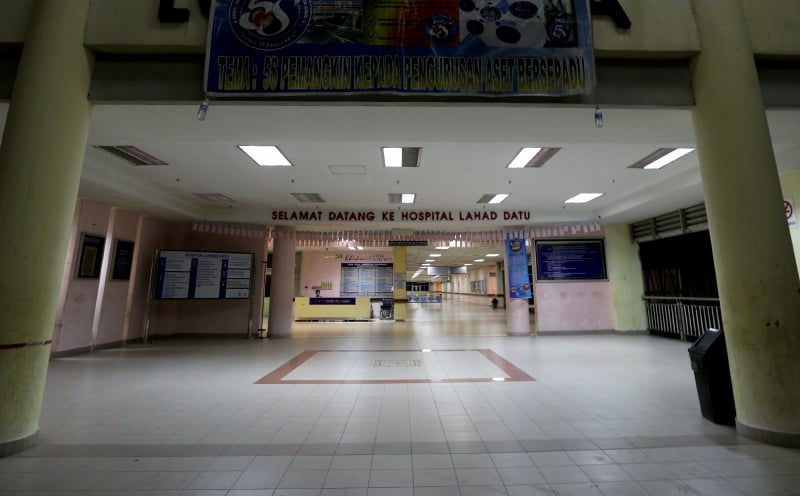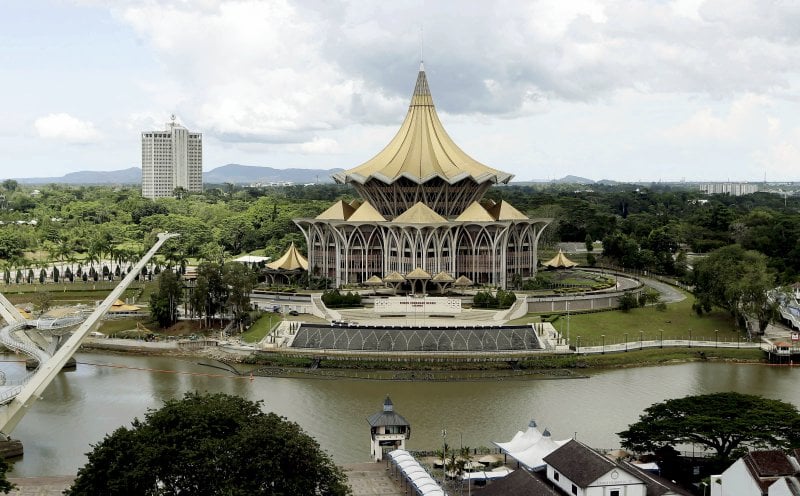SEPANG: Malaysian Aviation Group's air cargo unit MAB Kargo Sdn Bhd (MASkargo) is set to build a global footprint by strengthening its operations in Asia Pacific while looking to expand further in Europe and the US in the future.
MASkargo chief operating officer, Jason Thomas said the cargo airline was currently operating cargo flights to countries in Asia Pacific, including China as well as cities of Amsterdam and London.
"How we want to do it (the expansion) is by working with strategic partners to complement our fleet and our network expansion. We're looking for strategic partners to work with maybe in terms of a joint business or special prorate agreement or interline basis," he told the New Straits Times in an interview last week.
Thomas, who was appointed to helm MASkargo in June this year, said the cargo airline had no immediate plans to add new freighter aircraft into its current fleet of three Airbus A330-200F.
Instead, the network expansion would bank on the capacity of its strategic partners for MASkargo to keep its operating costs low.
However, Thomas did not completely rule out the possibility of purchasing new freighter aircraft in the future to fuel the growth of the airline and meet the increasing global demand for air cargo.
Meanwhile, MASkargo has been resilient during the Covid-19 pandemic, which has halted commercial air travel worldwide for nearly two years.
"Initially, we felt the pinch because of the reduction in capacity. We're very highly dependent on the belly network. So, once our passenger aircraft stopped flying, we lost our belly capacity.
"But we regroup in those difficult times. We came up with the idea of operating passenger (aircraft) to cargo flights only, which we term as B2C flights. Then we started operating one month at the pandemic to various parts of our network, particularly to China, Australia and Europe," Thomas said.
Speaking of the challenges in the air cargo industry, he said MASkargo was currently weathering the increase in jet fuel price.
At least 40 per cent of the fuel cost is being absorbed by the cargo airline while some 60 per cent is passed down to its consumers despite the introduction of a fuel surcharge.
"We're very particular on our operating cost. We cannot operate flights if it's above our cost. At the end of the day, I think we can't bear the entire increase in fuel. Certain percentage would have to go back to the shippers, which will then eventually go to the consumers," he said.
The lockdown in China is also a challenge for MASkargo as its yields from the country alone have dropped to about 30 per cent.
Thomas. who has over 20 years of experience in the logistics industry, said the cargo airline had sent many shipments from China to Europe and countries such as India.
"We're hopeful that the lockdown will ease in the coming months so that we'll see some increase in demand from China."
"But even with the reduction in yields and demand from China, we're still maintaining our capacity because we have some contracted clients in China who are supporting us and we in turn are giving them the connectivity from China to other parts of the world," he added.
MASkargo's network in China is independent of its sister airline, Malaysia Airlines Bhd. It is currently flying to Guangzhou and Shanghai.
Speaking on the airline's European destination, particularly Amsterdam, Thomas said MASkargo had a strong team and partner in the city.
It is also monitoring the chaos that is happening due to airport staff shortages.
"We hope there is no drastic impact on our operations because Amsterdam is the trunk-route that is very key for our network. I can't say for now how it will impact us but we're monitoring the situation," he said.
Airports in most European cities and in the UK are having a shortage of workers, which resulted in total chaos as they are not able to cope with the increasing number of travellers.
Most airports, such as Schiphol and Heathrow, have asked airlines to put on a temporary cap on the sale of flight tickets and have set a maximum number of departing passengers per day for the summer.
















